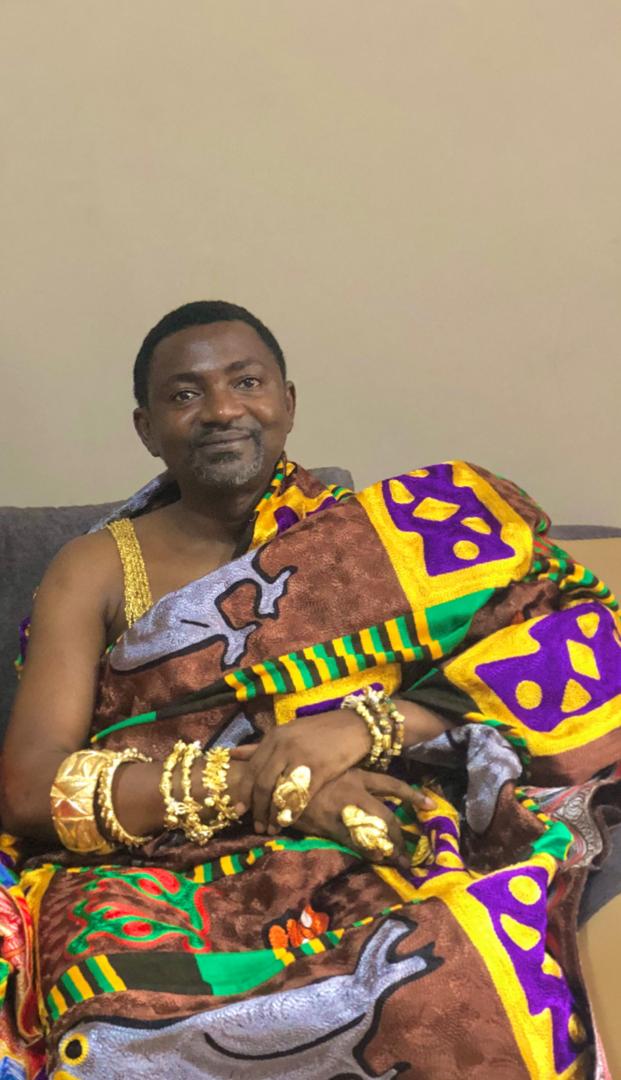Strengthening public procurement – a call for early procurement initiation to curb sole sourcing abuse – Nsemkeka
One of the persistent challenges confronting public financial management in Ghana is the growing misuse of sole sourcing in public procurement.
While this method is legally permitted under specific circumstances, such as urgency or when only one supplier is available, it is increasingly used as a default, especially after the release of budgetary allocations to Ministries, Departments, and Agencies (MDAs).
At the heart of this issue is a misaligned procurement process: many MDAs delay the initiation of procurement until funds are physically released.
This practice creates artificial emergencies, providing the perfect justification for using sole sourcing. It erodes transparency, stifles competition, and undermines the quest for value for money.
To restore integrity in the procurement process, the government must adopt a proactive and strategic approach.
The solution is clear: allow MDAs to initiate procurement processes immediately after the national budget is approved. The processes—planning, advertisement, bid evaluation, and selection—can proceed while contract signing is deferred until the actual release of funds and the necessary approval from the Office of the President.
This approach offers several strategic advantages:
- Eliminating Unnecessary Emergency Procurements By beginning procurement processes early, MDAs can avoid time pressures that lead to emergency procurements and sole sourcing.
- Encouraging Competitive Tendering: Early advertising gives the private sector sufficient time to respond to tenders, increasing competition and the quality of bids.
- Incorporating Budget Trigger Clauses: Contracts can include provisions that activate them only upon fund availability. This ensures legal and financial compliance while maintaining operational readiness.
- Improved Procurement Planning: Mandating MDAs to publish their Annual Procurement Plans (APPs) and Procurement Calendars within 30 days of budget approval promotes transparency, predictability, and trust in the system.
- Increased Supplier Confidence: Suppliers, contractors, and consultants will develop renewed confidence in the government’s procurement system, knowing that opportunities are advertised on time, fairly evaluated, and not rushed to favor a few. This trust can improve participation, attract higher-quality bids, and foster long-term partnerships.
- Strengthened Institutional Credibility: When procurement processes are predictable, transparent, and timely, it signals to both citizens and development partners that the government is committed to good governance and financial prudence. This can improve investor confidence and international reputation.
- Operational Efficiency: Early procurement initiation ensures that MDAs are not caught in procurement bottlenecks, leading to better project implementation, timely service delivery, and accelerated national development outcomes.
- Reduction in Procurement-Related Corruption: Transparency and early planning reduce the space for arbitrary decisions and corruption. Competitive processes leave less room for favoritism and backdoor arrangements.
This strategy is not just a recommendation—it is a necessity. It is time for the government to adopt this forward-looking reform to protect public funds, promote value for money, and build a procurement system that Ghanaians can trust.
The Office of the Chief of Staff is well-positioned to spearhead this reform by advising all Ministers accordingly. By issuing a directive that mandates early procurement initiation—while conditioning contract execution on fund release and presidential approval—the government will take a bold step towards curbing procurement-related corruption and inefficiency.
Conclusion
Early initiation of procurement activities aligns with international best practices in public financial management. It enhances transparency, fosters competition, and promotes better planning and fiscal responsibility. Let us act now to strengthen Ghana’s procurement system and deliver better outcomes for our citizens.

